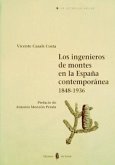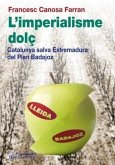Since the 19th century the economical and social position of the rural owners has suffered an intense backward movement. Parallelly to the backward step of the weight of the agricultural industry, the one that had been a ruling class has lost their pre-eminence progressively and has seen their social legitimacy questioned. Naturally, this process has not been exempt from tensions. In Catalonia the period that opens with the agricultural crisis of ends of the 19th century and it closes with the Civil War an example is. As other European regions, the owners attempted to retrieve the social leadership through the collective action and promoted a new associationism based on the identity as a professional group, with the goal to set up as representatives of the interests of the set of the agricultural industry. This book examines the set of initiatives of organization of the agricultural interests and of social mobilization that carried out the owners Catalan during this key period of our history, from its more representative institution: the Catalan Agricultural Institute of Sant Isidre.\n








